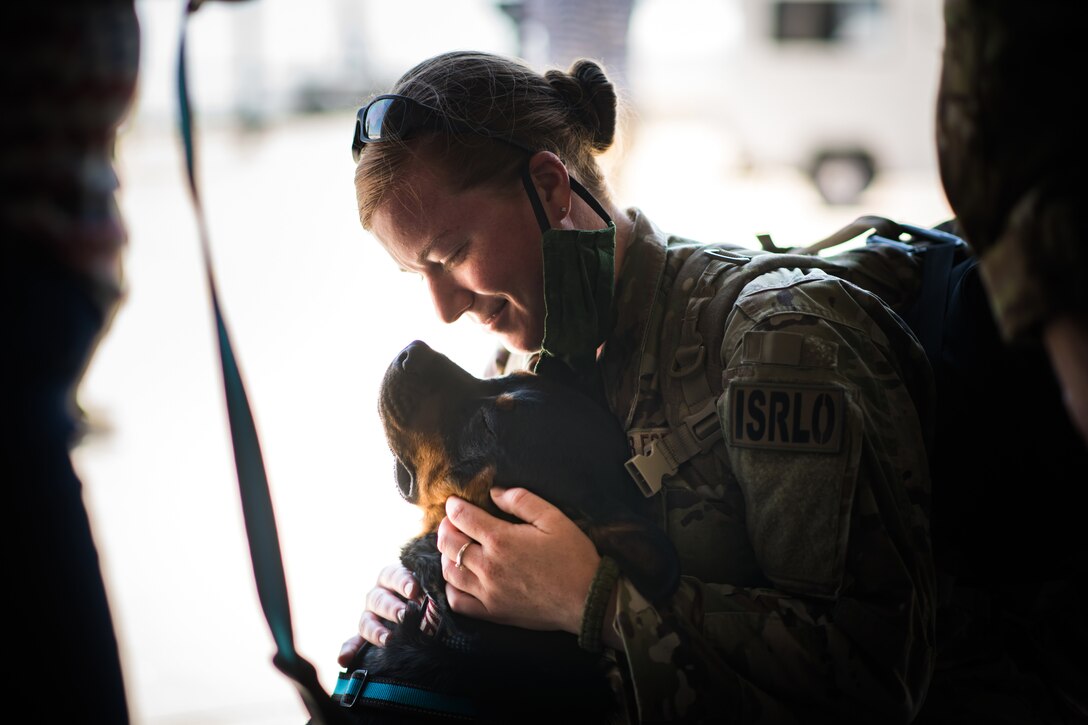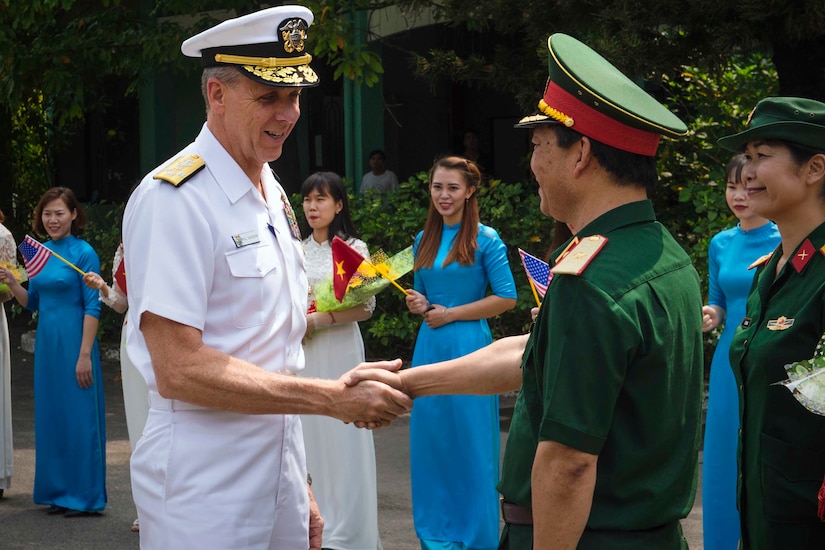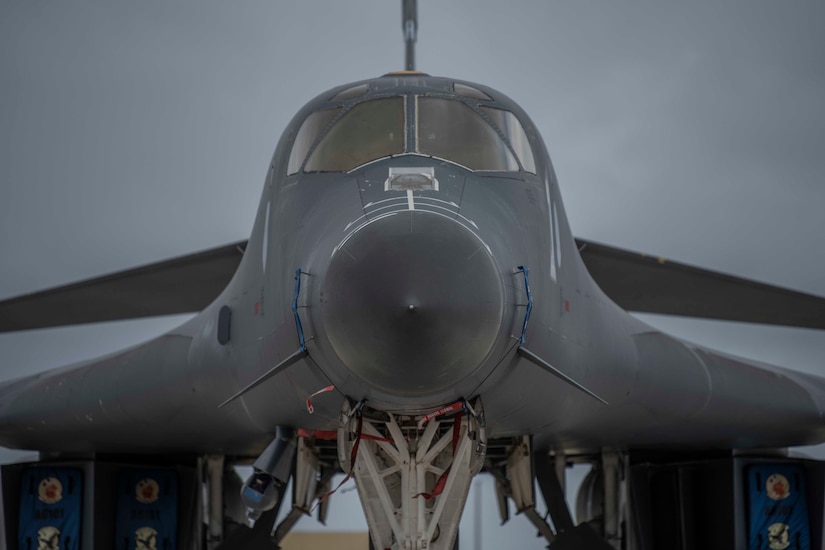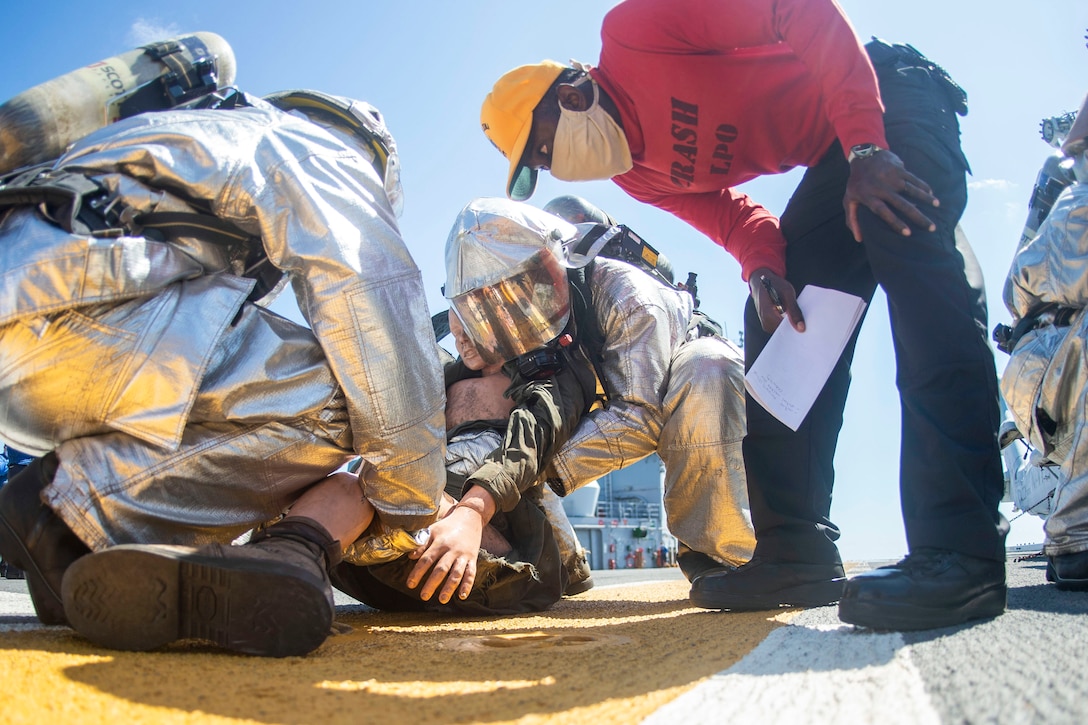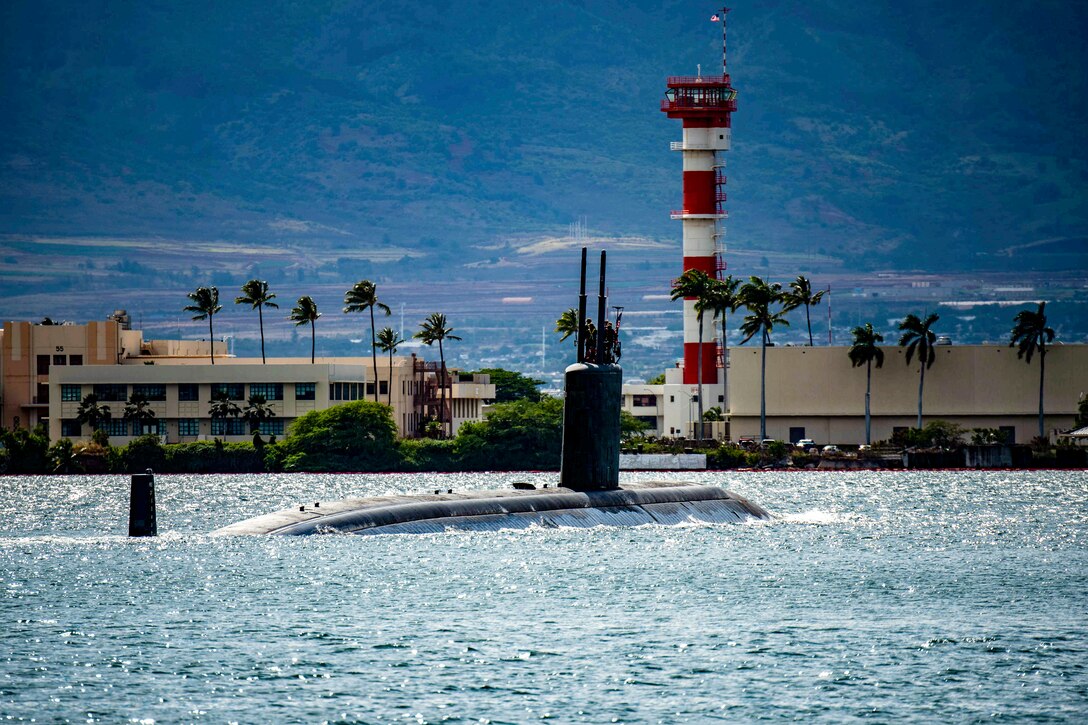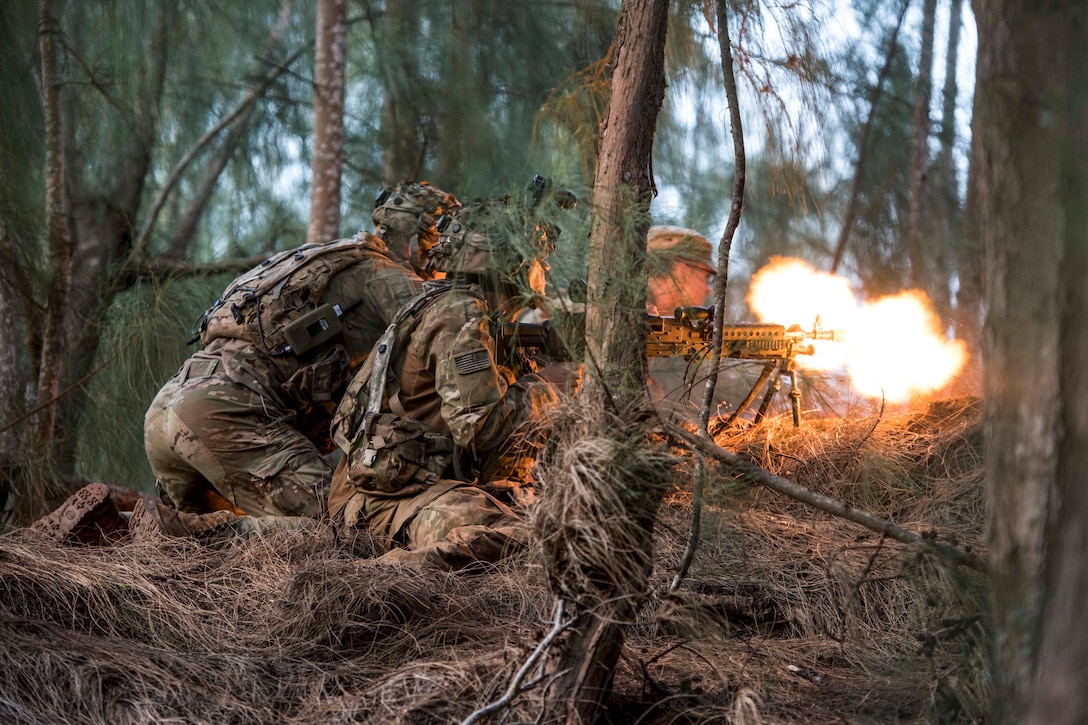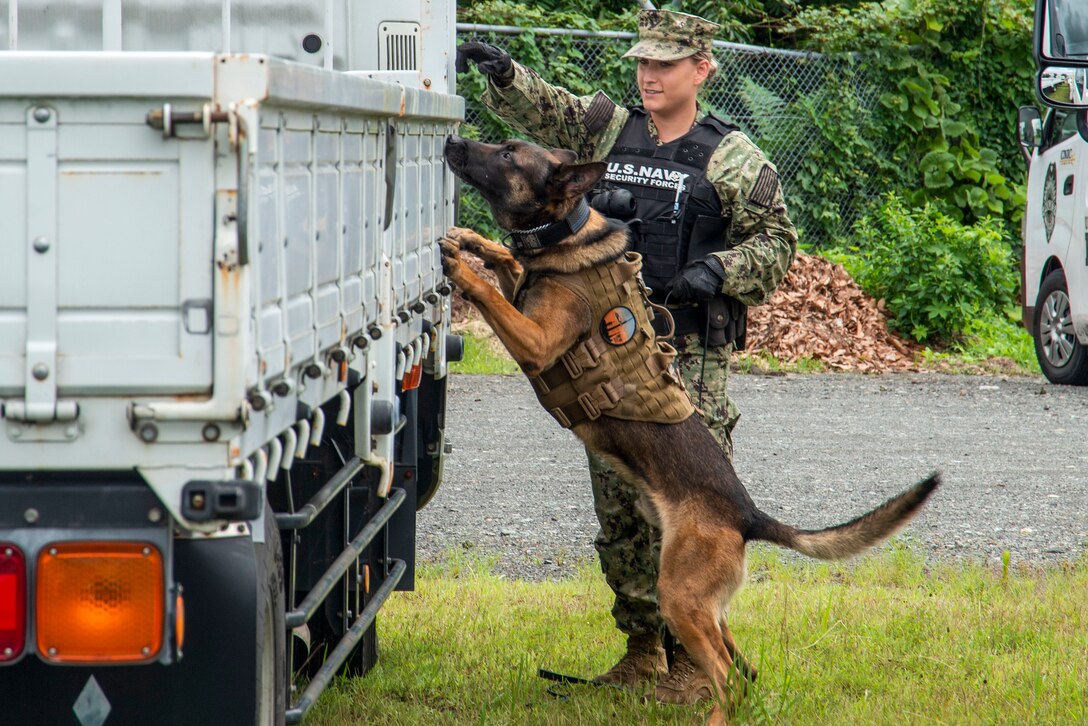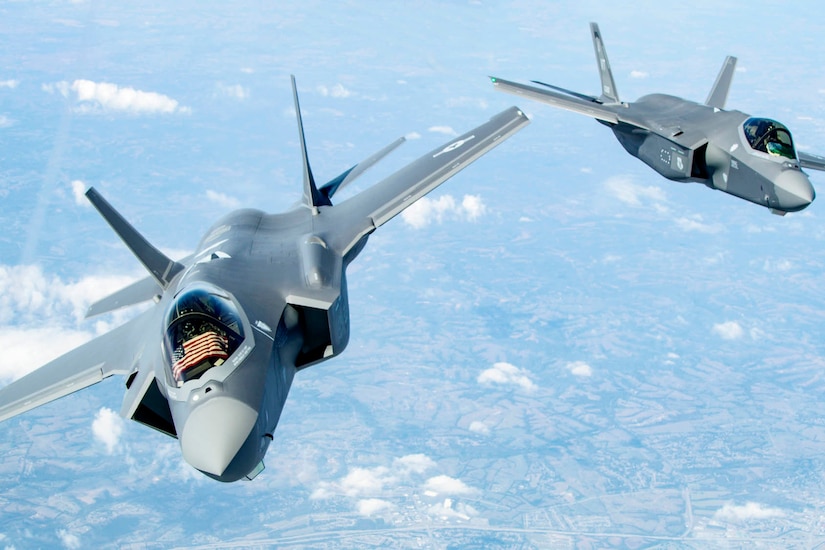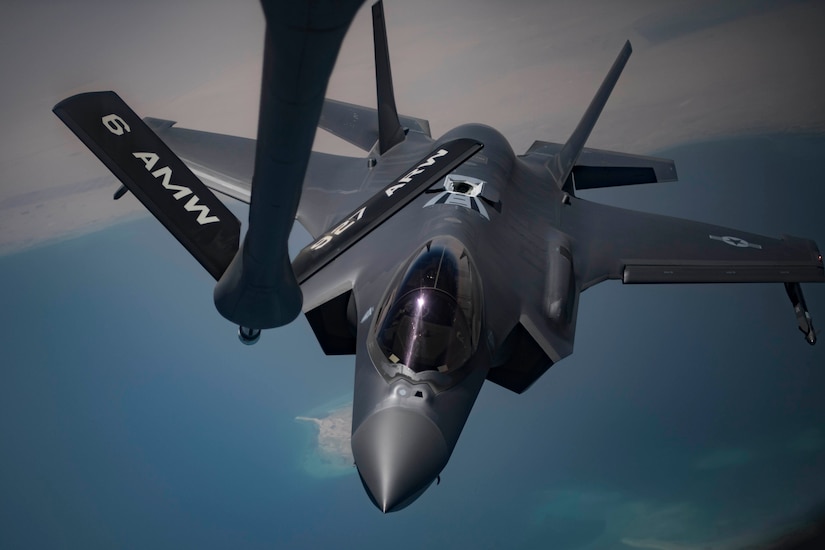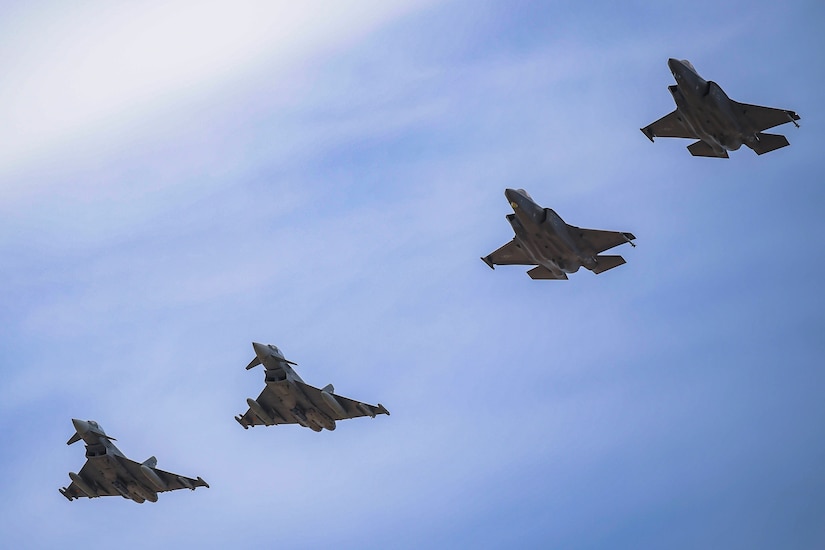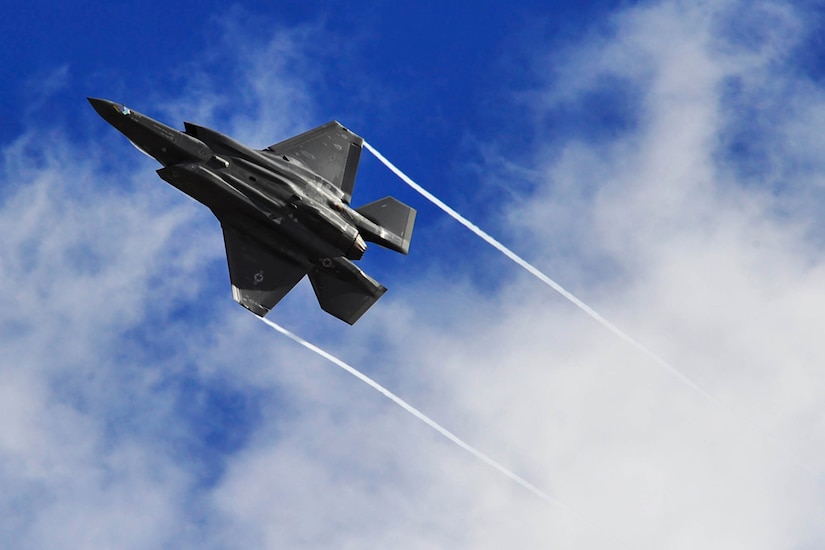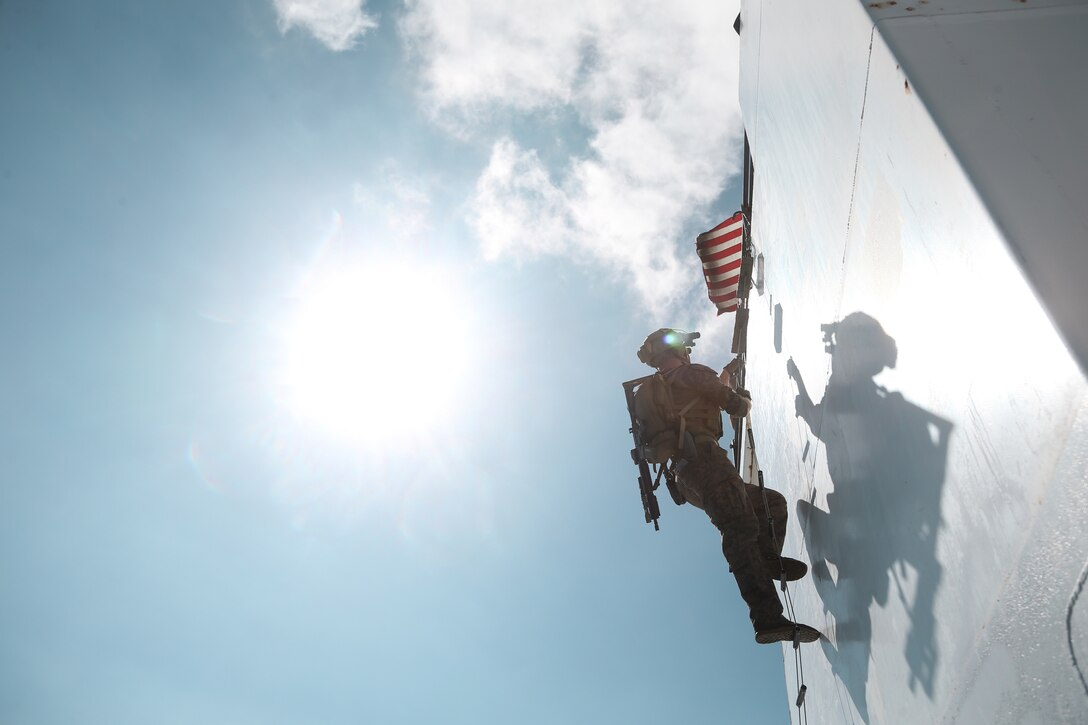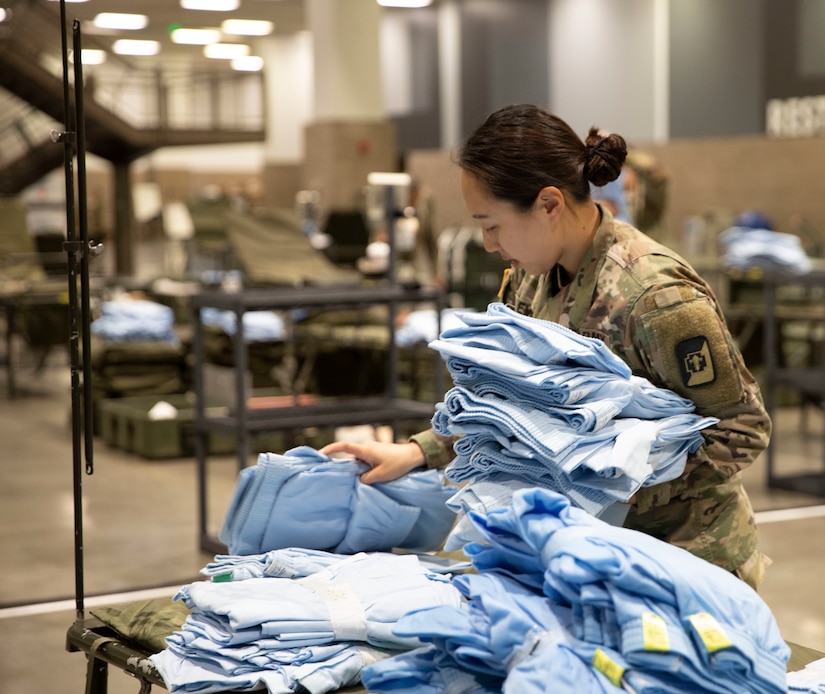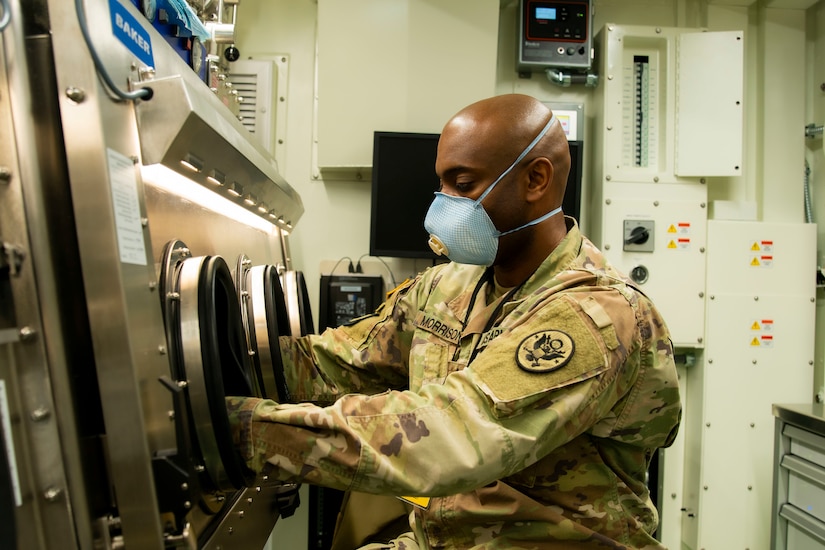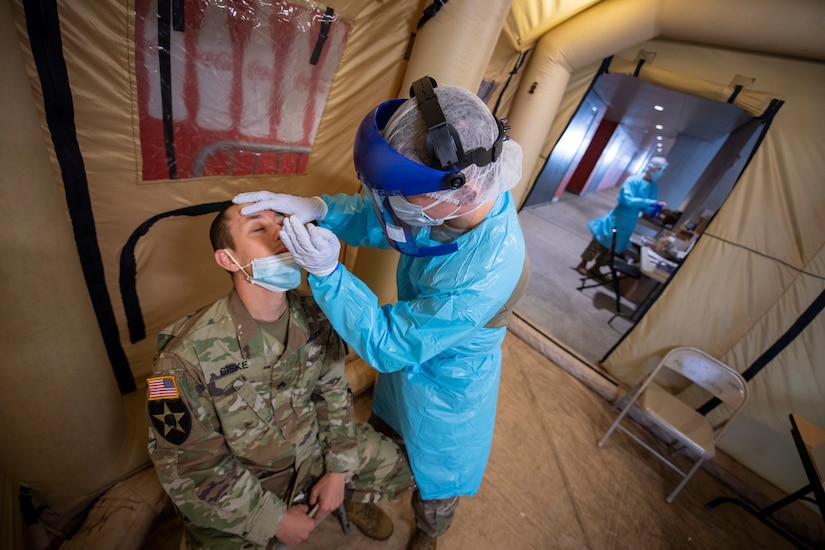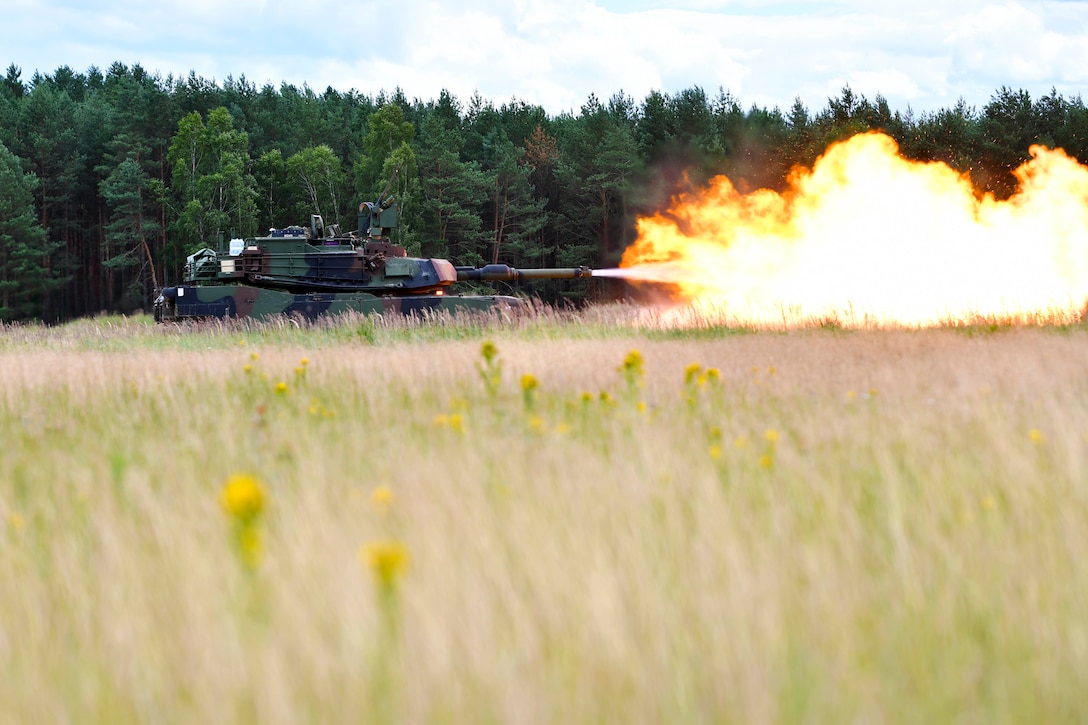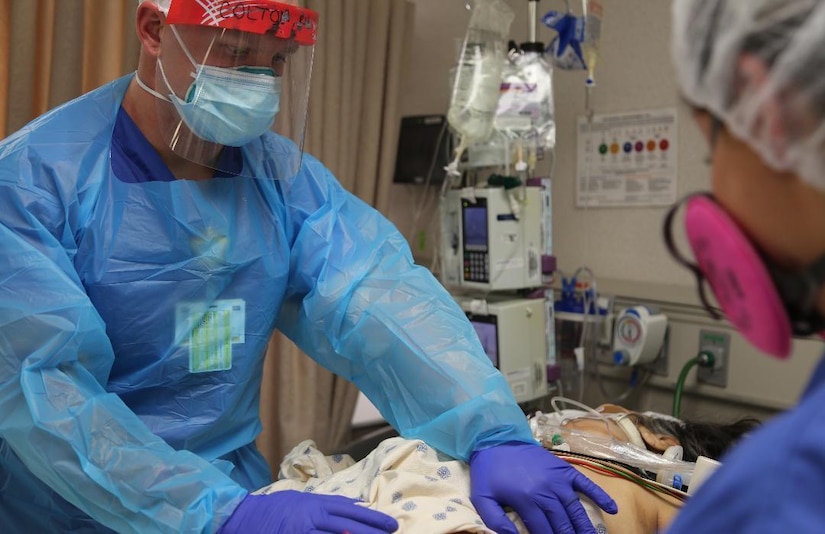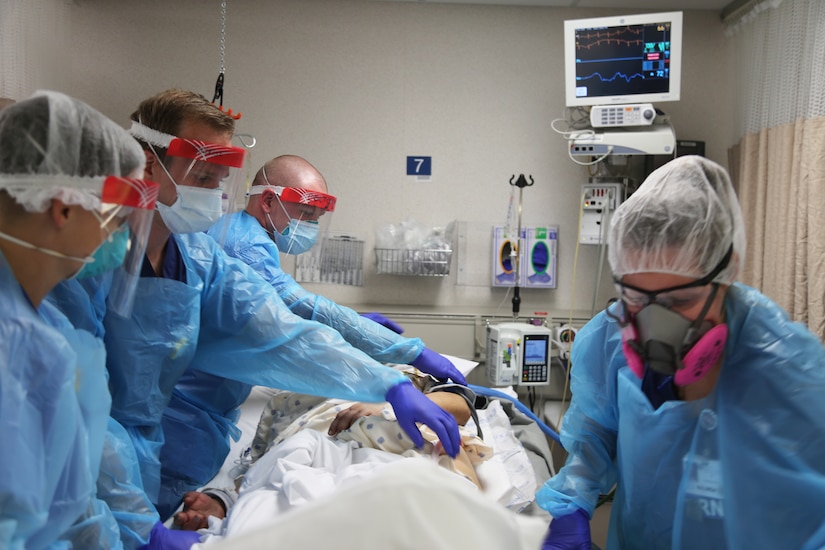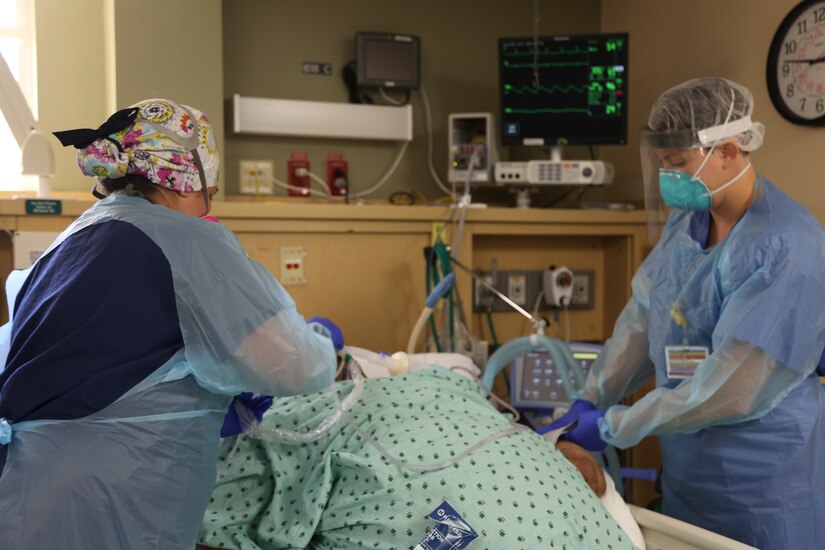July 22, 2020
|
BY Beth Reece
, Defense Logistics Agency
From gowns, gloves and pharmaceuticals for the USS Comfort and Mercy
to decontamination systems for medical workers' N95 masks, America's
small businesses are helping to meet the nation’s demand for COVID-19
supplies.
"We can rely on our small companies to stand toe-to-toe with us to
help the American public overcome something most of us haven't seen in
our lifetimes," said Dwight Deneal, the Defense Logistics Agency's
director of small business programs.
According to agency data, of the 12,000 companies DLA works with,
about 9,000 are small businesses. Deneal said that despite the Defense
Department-assigned goal of 32.36%, almost 40% of DLA's spending so far
has gone to small businesses this fiscal year. He attributed the
increase to the greater demand for personal protective equipment from
military customers, the Department of Health and Human Services, and the
Federal Emergency Management Agency.
The Department of Homeland Security identified the defense industrial
base as critical when local jurisdictions closed businesses in March to
slow the virus's spread. Ellen M. Lord, undersecretary of defense for
acquisition and sustainment, told defense industry leaders that they had
a "special responsibility" to maintain normal work schedules.
Despite economic disruptions, small business specialists at DLA Troop
Support have been flooded with inquiries from business owners wanting
to provide personal protective equipment to the government, said Mike
McCall, who oversees small business programs at the Philadelphia-based
activity.
"Small businesses have really stepped up during the pandemic and have
been integral to providing PPE to FEMA and HHS," he said. "In a lot of
cases, they're more flexible than large suppliers because they can
change their manufacturing processes, which are on a much smaller scale,
quickly."
Though some new contracts for personal protective equipment have been
awarded to businesses with previous government contracts, the urgent
call for protective equipment has also drawn new vendors. A solicitation
for small or large businesses to provide isolation gowns and
nonsurgical face masks resulted in contracts with three small businesses
new to DLA, McCall said. A separate contract for cloth face masks was
awarded to a woman-owned small business that also had never worked with
the agency. Small businesses have even sourced items for kits for
medical staff at 15,500 nursing homes across the nation. And a small
business supplied food for military members augmenting mobile hospitals
in New York.
The rising interest from vendors wanting to provide protective
equipment prompted DLA Troop Support to create a vetting group that
determines whether small business' products meet the standards set by
the Food and Drug Administration and Centers for Disease Control and
Prevention. The group is also answering questions on how to do business
with the agency.
"We've gotten more and more small businesses owned by retired
military or civil servants trying to provide things like N95 masks that
they would get from 3M; so in some cases, we’re helping them learn how
to do business with the government for the first time," McCall said. His
staff of six small business specialists were still getting about five
inquiries a day from prospective contractors in early July.
With new partnerships has come the need to support small vendors
who've felt the strain of local closures and social distancing.
Increased sanitation measures and supply shortages are as challenging
for business owners as they are for families, Deneal said, adding that
the cost of new protocols has slashed companies' revenue.
Recognizing that small businesses are essential to keeping
warfighters supplied, small business specialists and acquisition
professionals throughout the agency have monitored suppliers' status.
Over 670 large and small companies tracked by DLA closed in April, said
Glenn Starks, chief of DLA Acquisition Programs Division.
Links to Small Business Administration resources were added to the
small business page on DLA's website to help small businesses recover
from pandemic struggles. The agency also made it easier for small
business contractors to buy non-medical personal protective equipment by
opening a new COVID-19 Contingency Store on FedMall. Outreach events
and the annual DLA Industry Day have been replaced by video and web
conferencing interactions, and a monthly Doing Business with DLA webinar
provides information on acquisition processes.
"The only way we're going to be able to execute requirements and stay
mission-ready in support of warfighters and the whole of government is
by having the pulse of our small business industrial base," Deneal said.
"That means having a way to reach out and touch companies from coast to
coast even though we can't be in the same physical environment."
Tracking the health of small businesses is especially important in
fragile areas such as clothing and textiles, McCall added. The number of
vendors providing items such as uniform dress clothing has reduced to
half in the past 10 years. In April, DLA Troop Support held a virtual
Dress Clothing Industry Day to assess industry needs and connect with
new vendors.
"During a pandemic like this, there's a real possibility that these
companies could go out of business," he said. "That's a significant
concern because everything we buy in the clothing area has to be
manufactured in the U.S., but in many cases, the contracts we award keep
these companies in business."
The Procurement Technical Assistance Program that DLA manages in
cooperation with state and local governments also helps ensure small
businesses have access to DOD contracts. With over 300 centers in
Washington, D.C., Puerto Rico, Guam and 48 states, PTAP services range
from identification of contracting opportunities to instructions on
bidding processes and registering in federal procurement systems. PTAP
staff are providing consultations via video and phone conferences during
the pandemic.
The focus on American small businesses began after the Great
Depression, when many companies that provided parts the military needed
for World War I folded. Realizing small business owners who produced
wartime commodities lacked the money to keep afloat in peacetime,
Congress initiated the Small Business Mobilization Act in 1942. It
allowed the government to pay small businesses a price differential to
help them maintain and accelerate production.
The Armed Service Procurement Act of 1947 later extended that policy
to peacetime and required a "fair proportion" of federal contracting
dollars be placed with small businesses. Today, DLA's small business
specialists work with buyers and contracting officers to build
acquisition strategies that attract small businesses to contracts worth
over $10,000.
Leading small businesses to potential DLA contracts is personally
rewarding, McCall said, describing his work with a woman-owned small
business that supplies flight vests.
"You not only help them grow their business, but you help the whole
area where they're located because sometimes these contracts establish
jobs that weren't there before," he said.
While small businesses' overall role in pandemic support remains to
be seen, Deneal added that he's been moved by the resilience of the
American small business community.
"It's interesting to see how strong and flexible our small businesses
have been, and their eagerness to support the federal government in a
time like this," he said. "DLA truly values its small vendors."
(Beth Reece is assigned to the Defense Logistics Agency.)
